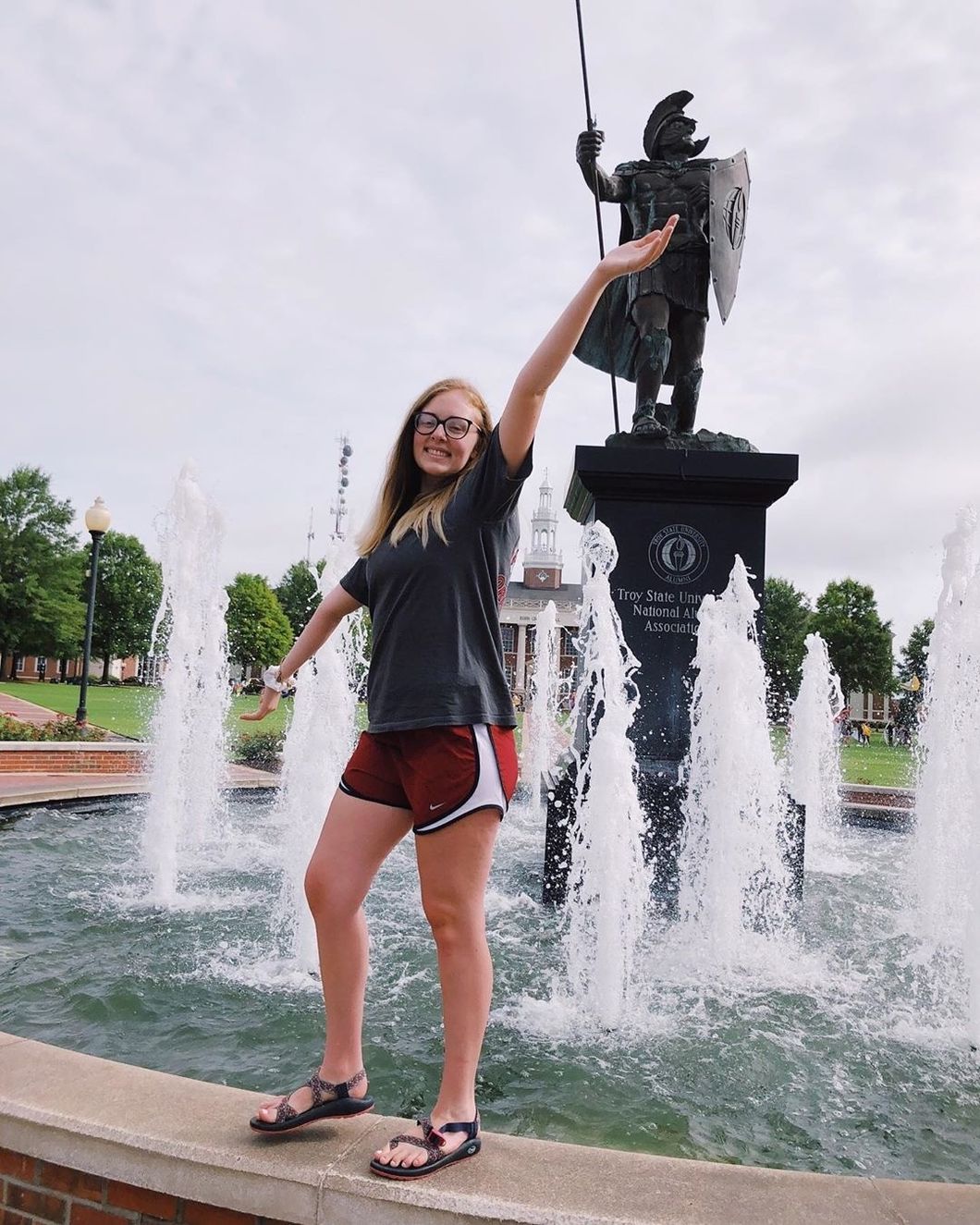It's no secret that the prestige of an Ivy League is well known among modern American culture today. Thousands of families and students spend their entire academic career preparing to apply for their choice of any of the six Ivy League schools: Cornell University, Columbia University, Brown University, Harvard University, Princeton University, Dartmouth College, Harvard University and Yale University. From kindergarten to their senior year, these students cram for their SAT and ACT tests for a shot at earning the prestige 36 it takes to solidify admittance into the majority of the schools within the Ivy League. Each school carries its own individual prestige and reputation, but statistically, Harvard University ranks highest among all eight of these prestigious universities based on statistics like job security, campus, and affordability.
The history of the Ivy League and the schools within it dates back to 1636 when John Harvard became the first benefactor of Harvard University. Since then, the prestige and reputation of the Ivy Leagues has only increased to the bureaucratic madhouse it is today. Not only are these schools incredibly competitive, they're also among the most expensive colleges in the United States. A recent study showed that tuition at universities like Brown and Dartmouth take over one-third of a recent graduate's earnings to repay. This is a financial burden no one wants to bear, let alone a recent college graduate trying to find a solid career and even pursuing a graduate degree (which is usually even more expensive). By comparison, 78% of undergraduates that graduate from public universities graduate with less than $30,000 in student loan debt.
Not only are Ivy League universities incredibly expensive, they also have been highlighted in the media multiple times recently as a result of scandals involving wealthy families who bribe these universities to admit their students. Most well known are Lori Loughlin and her husband who are now facing money laundering charges as a result of their involvement in a scheme to "bribe college entrance exams and bribing coaches at elite universities" including Ivy League universities. Which begs the question, why would any honest student want to go to a university that involves itself in such practices?
Many students say that Ivy League universities give them more networking opportunities, which isn't entirely incorrect, but not entirely accurate either. With the right effort and tact, students attending public universities can access the same opportunities through attending job fairs and networking events, all while taking on significantly less debt than those attending universities like Harvard or Princeton.
Despite the "prestige" of these universities, I'll take my small public university any day over the mountains of debt and unethical practices of an Ivy League university any day.





















